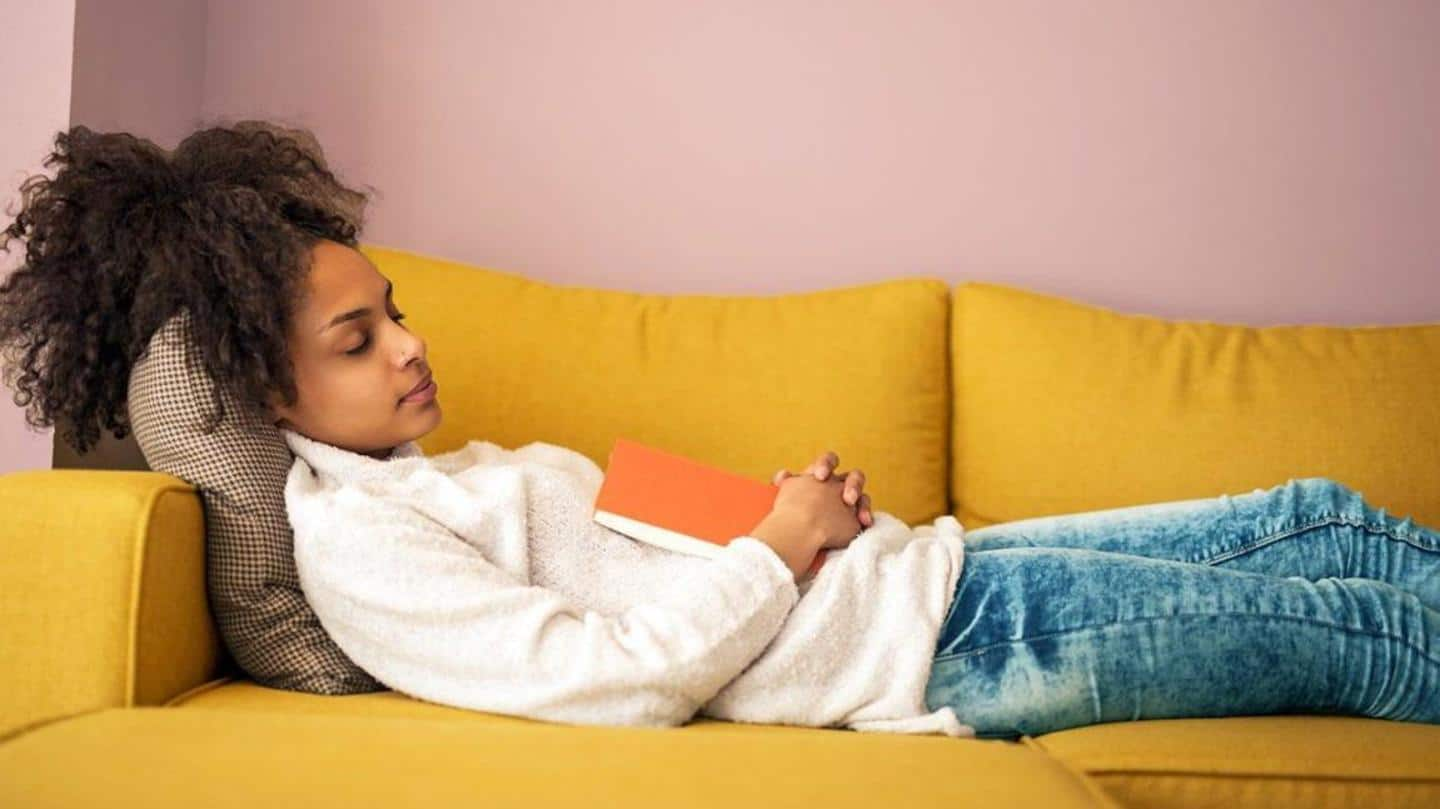
Reasons why short naps are important and beneficial
What's the story
Naps can be beneficial. All you need is a quiet place to lie down, followed by setting an alarm for 20-30 minutes.
Before we get into the benefits, here are some tips: Avoid napping too late in the day to prevent messing up with night-time sleep patterns. Avoid early in the day naps too since your body may not be ready for more sleep.
Memory
Naps may help in improving memory retention
A nap makes it easier to recall facts learned earlier in the day because our brain's ability to go into a tranquil state is linked to memory.
A study by a team of German neuropsychologists discovered that if a person naps after learning a new information, the chances of remembering that information is five times more, compared to when the person doesn't nap afterwards.
Stress
Naps speed up the heart's ability to recover from stress
Stress is quite harmful, especially because it increases blood pressure that can cause heart diseases.
If you are under a lot of pressure, taking daily short naps is not a bad idea to ease the stress.
Researchers believe that naps can speed up the heart's ability to recover from stress, while helping the blood pressure to go down in the process.
Good mood
Can brighten your day, lie down just for an hour
Lift your spirits by choosing naps over coffee.
Whether you are feeling low, or had a sleepless night, or are irritated over something, napping can brighten your day. Even resting for an hour without falling asleep is great for improving mood.
Lying down and resting works as a great mood booster because it can relax you and calm your nerves.
Alertness
Can help you pay attention to meetings, regular day-to-day work
Do you have difficulty in paying attention to meetings or your regular day-to-day work? Naps may help you tackle this.
A study from the University of California, Berkeley found that the more hours we spend awake, the more sluggish our brains become.
Hence, to prevent this and increase your alertness, take a nap.
Final tip: Avoid taking long naps to prevent grogginess.